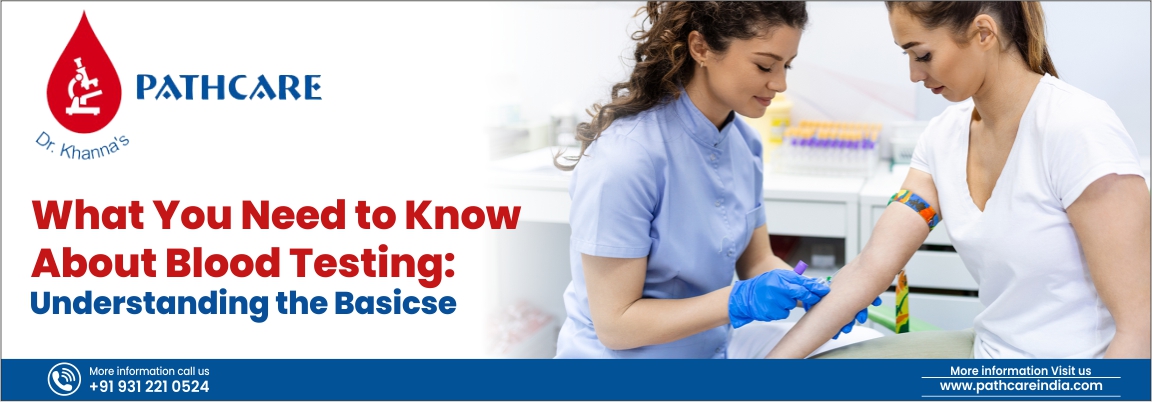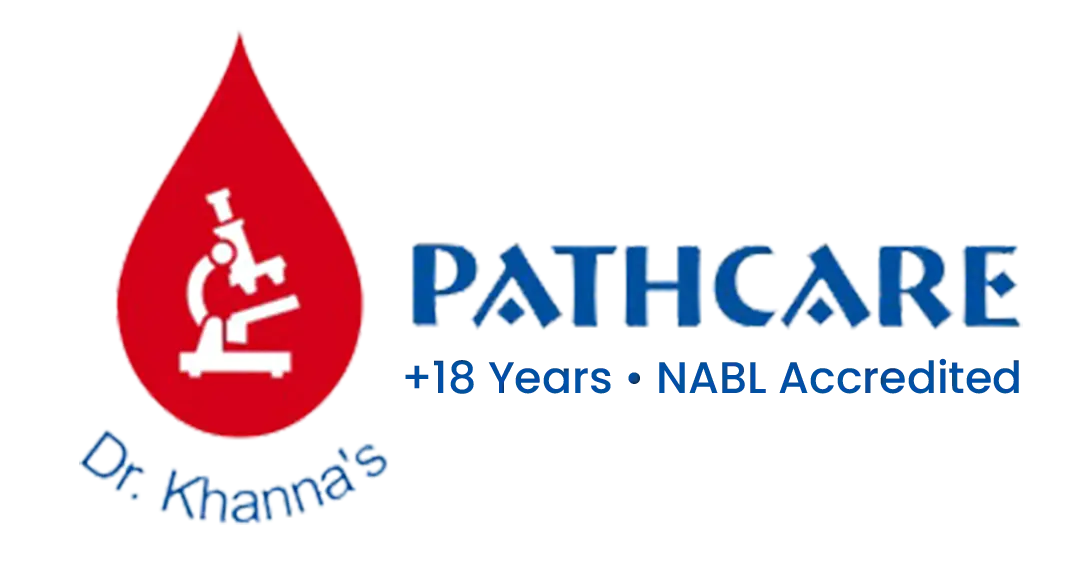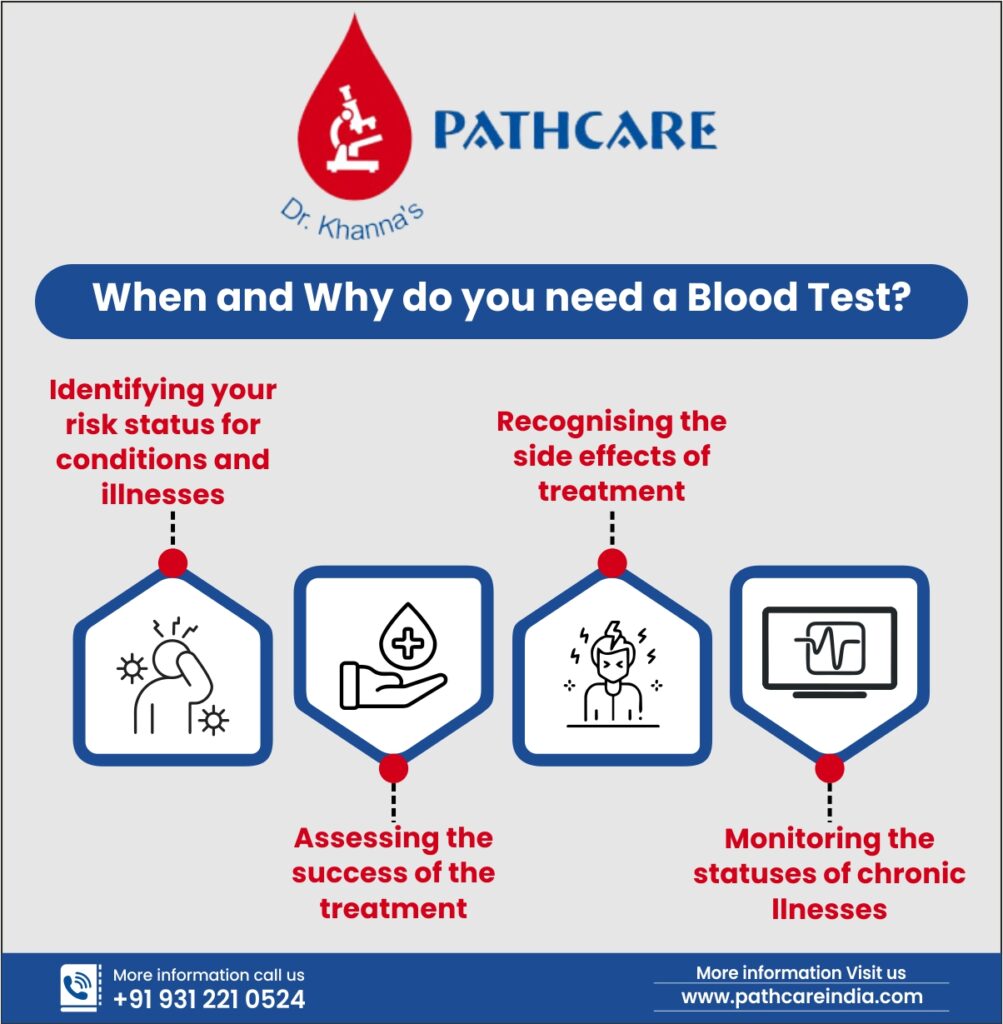No products in the cart.

Blood tests are a standard component of routine and preventive healthcare. Your medical practitioner will ask you to undergo a blood test before or following a physical examination. Undergoing a blood test is also common before and after a surgery.
With the help of blood tests, doctors can accurately diagnose certain illnesses and conditions. They also assist in checking the function of your organs and indicate the efficacy of treatments. Nowadays, most doctors recommend undergoing an annual blood test. It is the most effective diagnostic test to prevent several types of degenerative illnesses. Here are the common types of blood tests you should know.
Blood Test Types– Important Things to Know
Doctors may order various types of blood tests based on your body’s symptoms. Some tests, like complete blood count tests, check for several elements in your blood. They have a variety of uses and are one of the most common types of medical tests. Here are some of the most common types of blood tests.
#1. Complete Blood Count (CBC)
Customary to its name, the CBC test analyses the levels of components of every important cell in your blood. This blood test assesses the total number of white blood cells, red blood cells, and platelets.
#2. Blood Chemistry Tests
Blood Chemistry Tests, also known as Basic Metabolic Panel, refers to a group of tests. It is one of the major blood test types. These tests are typically conducted on the plasma of your blood. The Basic Metabolic Panel includes blood glucose, electrolyte tests, and calcium tests.
#3. Comprehensive Metabolic Panel (CMP) Test
CMP shows all the blood tests done as a part of the basic metabolic panel. Some of the additional blood tests in CMP may include the following:
- Albumin blood test
- Alkaline phosphatase
- Ammonia levels
#4. Blood Enzyme Tests
The blood test results derived from the enzyme test may help the doctor understand your risk factors for cardiac illnesses. PathCare India offers various types of blood enzyme tests. You may have to undergo troponin and creatine kinase tests if you have a higher likelihood of a heart attack.
Things to Know about the Results of a Blood Test
The blood test results are essential for ascertaining your condition. A blood test, sometimes, known as a blood panel test, checks for the functioning of your essential organs. After the sample has been analysed in the lab, the technician will compile a blood test report. The report illustrates the abnormal and normal components in the blood. It also depicts at what level and range these components are present.
The Procedure of a Blood Test
It is crucial to know about the blood test procedure to avoid complications in the future. To examine your blood, a phlebotomist will use a syringe to draw out the blood. You can communicate with the technician if the mere sight of needles and syringes makes you nervous.
Usually, the blood sample is drawn from the veins in your arm. The technician will tie a rubber band around your arm. During the insertion of the needle, you might feel a small prick. After drawing out the blood, they will place a bandage over the site. The blood test procedure also involves pressing firmly on the site to stop bleeding.
Fasting for a Blood Test- What should you Know?
If your healthcare provider has asked you to fast before a blood test, it implies you shouldn’t eat or drink anything. However, you can drink water for several hours before the diagnostic test. Proper blood test fasting is essential to help you get the right results. Here are some of the common types of blood tests.
- Glucose tests
- Lipid tests
You will need to fast eight to twelve hours before a test. With blood test fasting, there are fewer chances of wrong interpretations.
When and Why do you need a Blood Test?
- Identifying your risk status for conditions and illnesses
- Assessing the success of the treatment
- Recognising the side effects of treatment
- Monitoring the statuses of chronic illnesses
At Pathcare India Labs, you can undergo various types of blood tests. Pathcare India Labs, founded by Dr Sherry Khanna, is a NABL-accredited diagnostic lab. This Lab has a trained team of technicians who are adept in conducting various types of diagnostic procedures.





